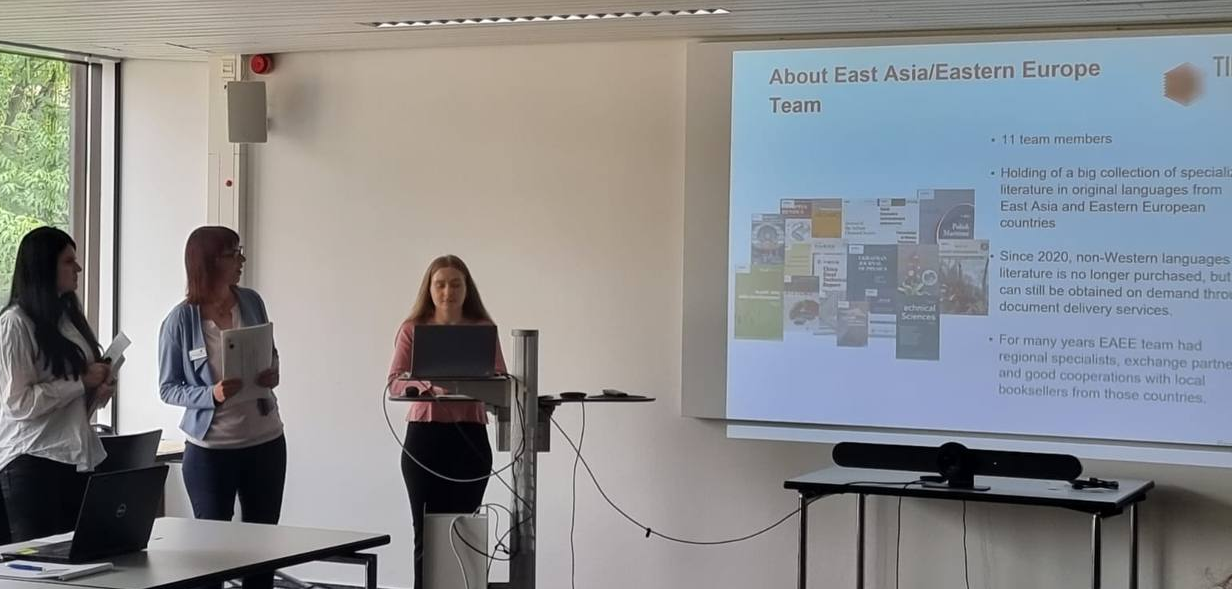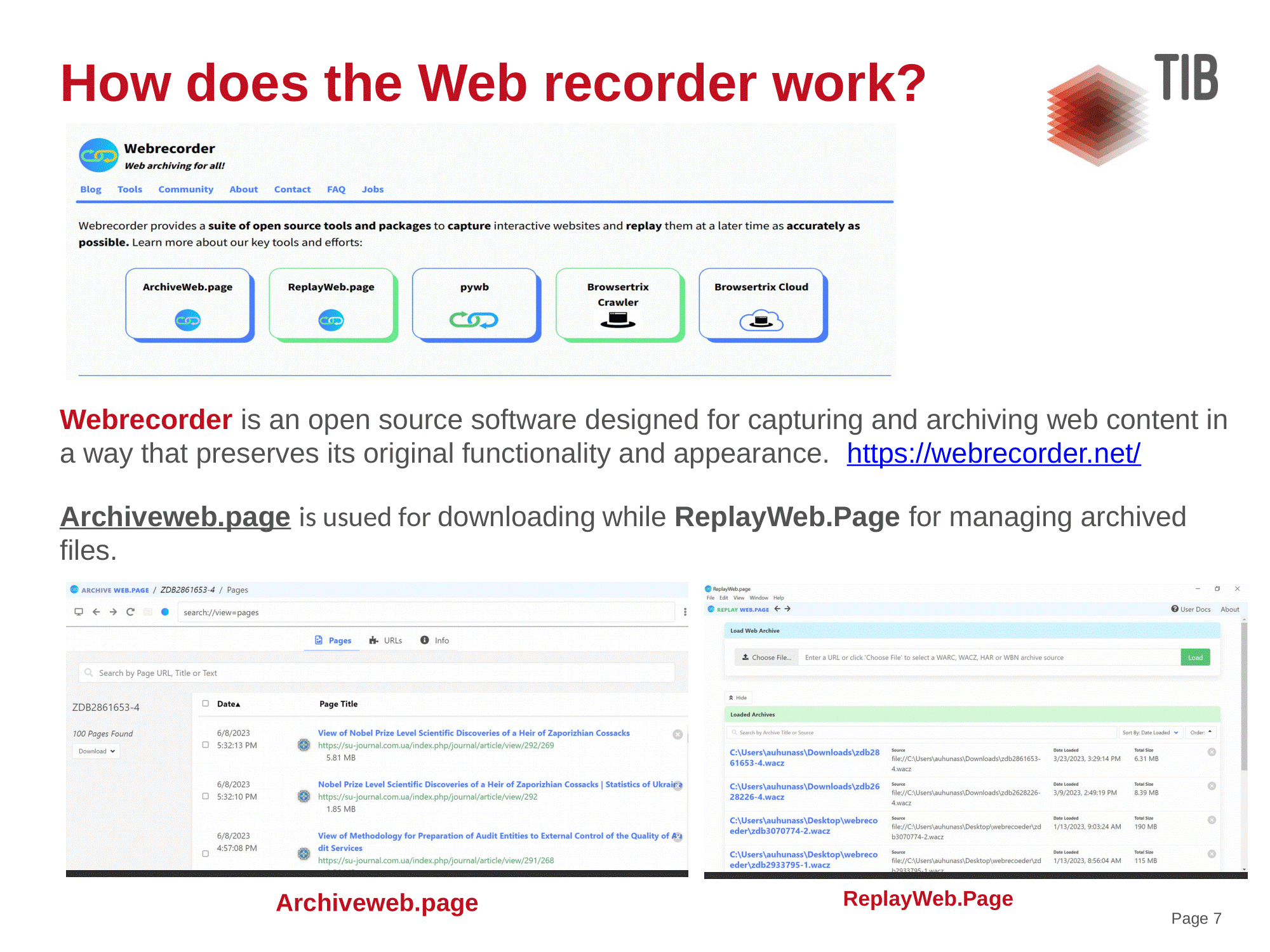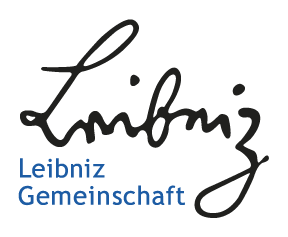Electronic Preservation Project for Ukrainian Open Access Journals (EPP UA) to safeguard research content during the war
Our Project “EPP UA” (Electronic Preservation Project for Ukrainian OA journals of TIB relevant subjects) aimed to safeguard Ukrainian Open Access journals and ensure their accessibility for future generations of scientists.
On 3 July 2023 the project was presented within the framework of the joint workshop titled “DAAD Ukraine digital: Ensuring academic success in times of crisis – Open Educational Resources with Ukraine Informatics“, Saskia Ernert from TIB‘s East Asia and Eastern Europe team together with visiting researchers from Ukraine – Dr Sabina Auhunas and Nataliia Kaliuzhna.

Why are scientific journals disappearing from the internet?
There are various reasons why academic journals hosted on institutional platforms can disappear from the internet. These reasons can include technical glitches, hacking incidents, or the simple loss of content during server updates. In light of the ongoing war in Ukraine, the risk of losing valuable content increases dramatically.
The idea of establishing this project arose shortly after the Russian Federation’s full scale invasion on Ukraine, when Dr Irina Sens, Deputy of TIB, proposed saving Ukrainian Open Access journals through web-recording and long-term digital preservation. The primary objective was to meticulously archive these journals using advanced digital preservation techniques, ensuring their enduring accessibility. Following this suggestion, Heike Gutsche, Team Leader of East Asia and Eastern Europe with her teammates, with the support of the Team Long-Term Archiving, designed the project workflow. The selection criteria were further developed by heads of Scientific Service and the Media and License Management. One source of information was the UlrichsWeb journal database.
The criteria for journal inclusion encompassed research disciplines relevant to TIB’s subject areas, specifically architecture, chemistry, computer science, engineering, mathematics, physics, technology, and the natural sciences. Furthermore, considerations were given to the presence of articles in English and appropriate licensing.
The majority of the metadata of our OA journals was not recorded or incomplete in the Zeitschriftendatenbank (ZDB), which operates as the central database for journals in Germany. For this reason, we catalogued and updated the metadata of the journals in the ZDB, the data were provided to the German library networks and to the Electronic Journal Database (EZB).
The project’s approach draws inspiration from the sucho.org website, a significant international endeavor known as the “Saving Ukrainian Cultural Heritage Online“. In the EPP project, we employ the web archiving tool of the Webrecorder, an effective tool that allows us to harvest, that means capturing the essence of journal websites comprehensively. This encompasses not only articles in PDF format but also detailed metadata and pertinent information about the journals themselves.

While there exist paid international archiving services such as LOCKSS and Portico, as well as domestic options like the Vernadsky National Library of Ukraine (which focuses on archiving articles and metadata rather than entire web pages), this project adopts a holistic approach that aligns with the vision of preserving the rich intellectual heritage of Ukrainian scholarly activity. As of July 2023, the project involves 3 team members of Team East Asia/Eastern Europe, 2 project volunteers and 1 student assistant.
Already saved: 44 journals with 20,391 articles
With the collaborative efforts, 44 journals have been successfully web-recorded, comprising a total of 20,391 articles and over 21 GB of content.
It also was noted that throughout the process, several challenges have been encountered, including difficulties accessing journal websites due to blackouts and power shortages in Ukraine, technical problems in the using of the Webrecorder and lack of proper licensing for the content being preserved.
Thus, the ultimate goals of the project are to make archive files of Ukrainian open access journals easily accessible to our user community, to save the contents for current and future generations through digital preservation and to make our work available to the Ukrainian editors, if this should be necessary.
Access to presentation slides: https://doi.org/10.6084/m9.figshare.23631969.v1
Contributors: Heike Gutsche, Team Leader of East Asia and Eastern Europe, Saskia Ernert, TIB’s East Asia and Eastern Europe team, Dr. Sabina Auhunas and Nataliia Kaliuzhna (project volunteers, fellowships at TIB)
PhD in Pharmaceutical Sciences. Head of the Department of Scientific Research and Digitization of the State Scientific and Technical Library of Ukraine. Responsible executor of the national project on creation of software modules of the Ukrainian Research Information System (URIS).
Currently she is a visiting scholar at TIB Open Science Lab.
Bereich Medien- und Lizenzmanagement, Teamleitung Ostasien/Osteuropa // Media and Licensing Management Division, Team Lead East Asia/Eastern Europe.
Bereich Medien- und Lizenzmanagement, stellvertretende Teamleitung Ostasien/Osteuropa // Media and Licensing Management Division, Assitant Team Leader East Asia/Eastern Europe.




Eine Antwort auf “Electronic Preservation Project for Ukrainian Open Access Journals (EPP UA) to safeguard research content during the war”